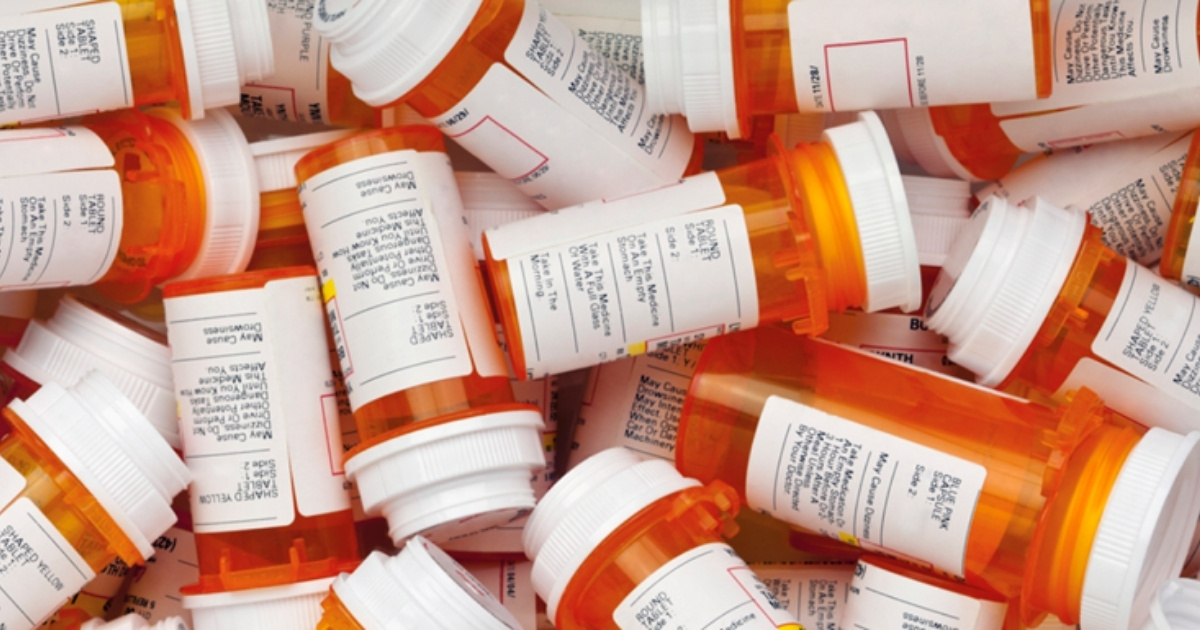
Category: Cooperative Extension

A small state with a big problem
July 20, 2021 Written by Lindsay Hughes, Extension educator - 4-H Youth Development
National Alcoholism and Substance Abuse Information Center (NASAIC) states that Delaware is a small state with a big drug problem. Its proximity to New York, New Jersey and Philadelphia (three major illegal drug markets) makes it vulnerable to numerous illicit substance threats. In 2019, in Delaware, there were 431 overdose deaths which is an increase from 2018 with 400 overdose deaths, according to Delaware’s Division of Forensic Science (DFS). In 2019 DFS also indicates fentanyl being the most identified drug found in 79 percent of overdose deaths. The primary drug threat in Delaware is illicit opioids.
Opioids are a commonly prescribed pain reliever. There are three commonly abused prescription drugs; pain relievers, sedatives and stimulants. Pain relievers are used to relieve physical discomfort and serve pain. Sedatives are prescribed to treat anxiety or panic attacks to help slow down the mind and body. Stimulants are used to treat attention deficit hyperactivity disorder to increase the levels of certain chemicals in the brain and body.
Prescription medications are to be taken only by the person the medication is prescribed for to help treat their certain condition. When doctors are prescribing medication for a patient, they factor in many criteria about the person they are writing the prescription for, such as allergies, age, weight, gender and other medications the patient may be taking.
Prescription drug abuse is when someone is using medication without a doctor’s prescription in a way other than the medication is prescribed for or for the feeling that the medicine is to produce. Abusing prescription drugs are dangerous due to injures occurring, accidents happening, overdoes and even death. There are some signs that you may look for if you have a feeling that someone may be abusing prescription drugs, such as physical changes, changes in behavior and changes in mood and emotions.
If you or someone you know is struggling with addiction, call 24/7 Delaware Hope Line 833-9-HOPEDE or visit www.helpisherede.com
For more information in DEA Intelligence Report: The Drug Situation in Delaware 2020 (dea.gov)
